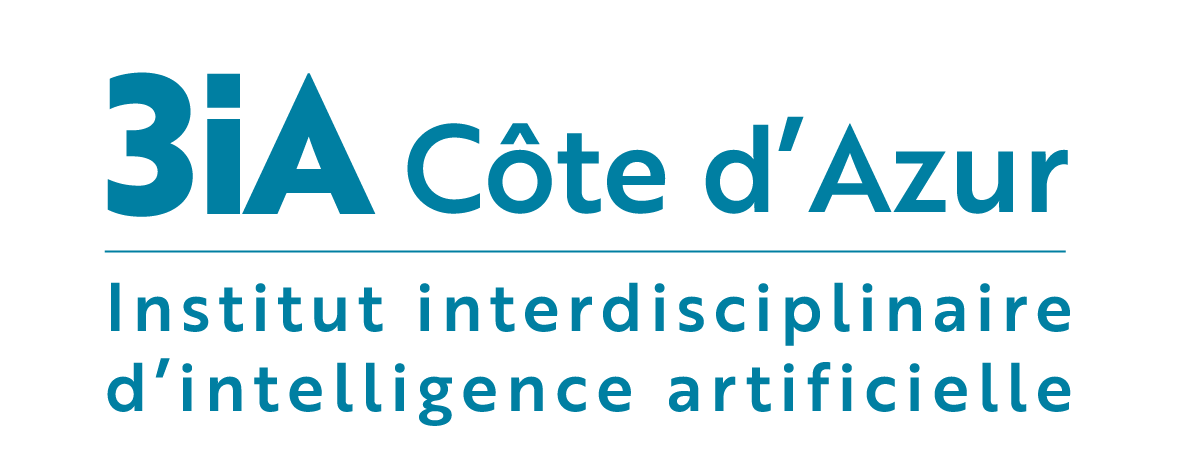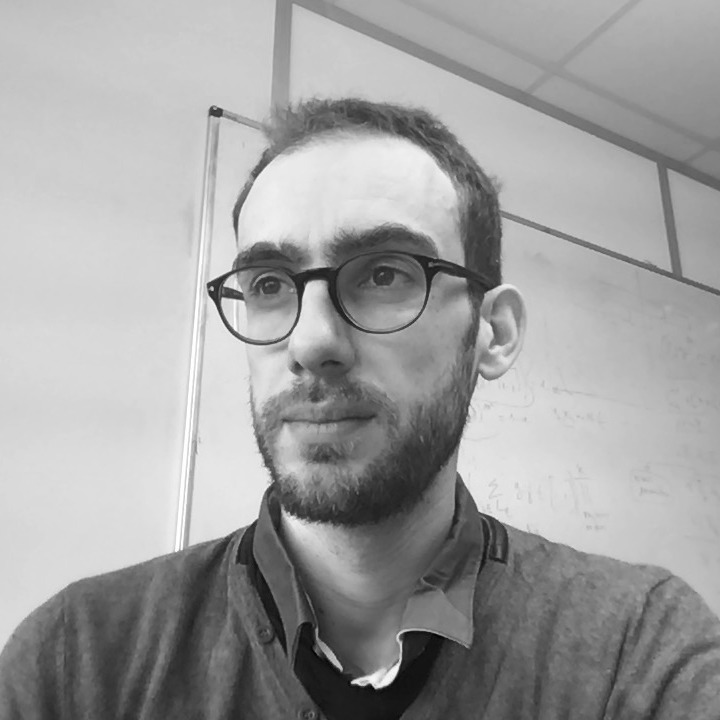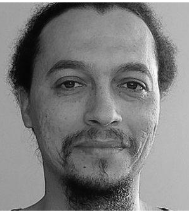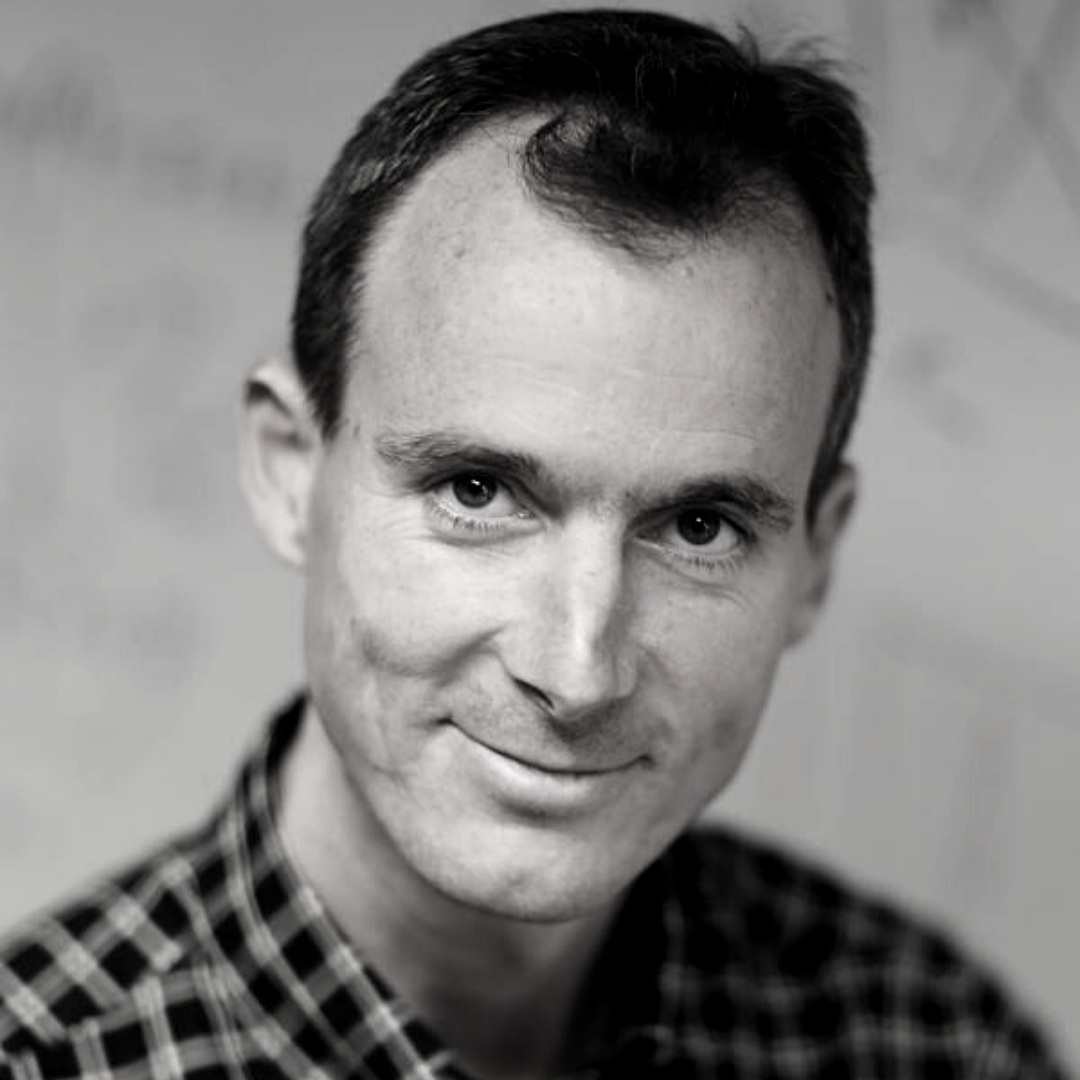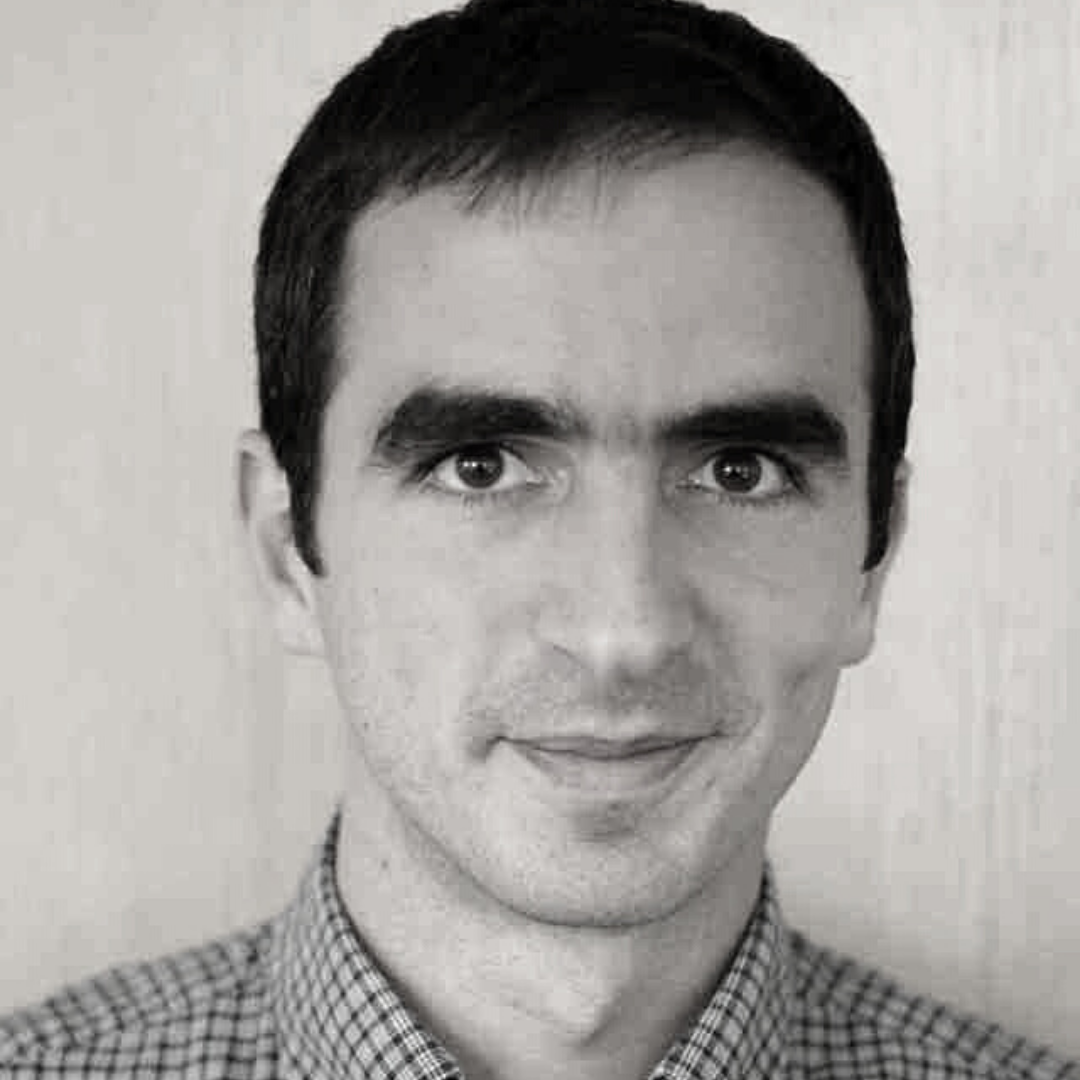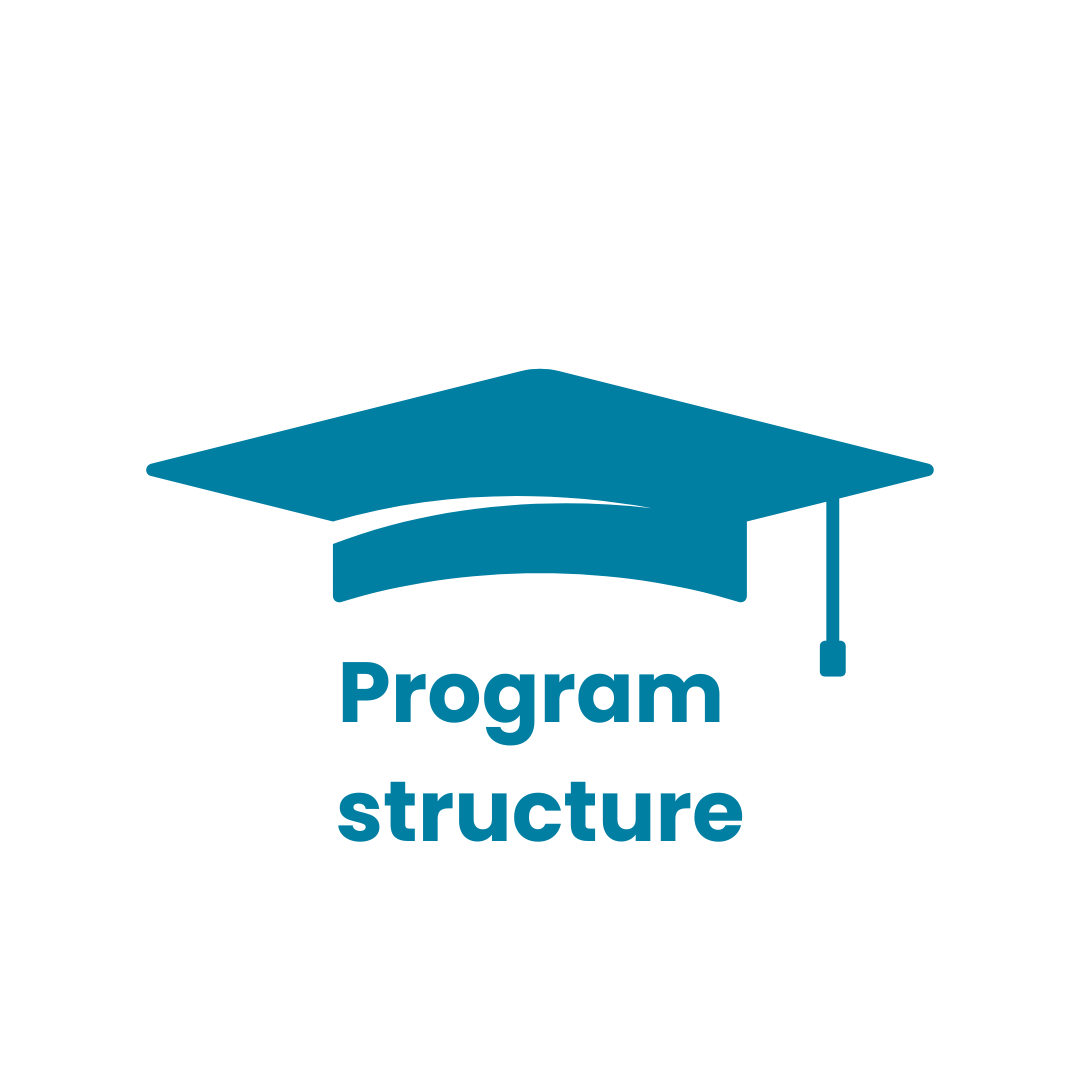

THIRD SEMESTER
MANDATORY COURSES
- Bayesian Learning
-
30h - 3 ECTS
Pre-requisites to the course :
- Minimal background in mathematics and statistic
- Analysis and calculus (integral, derivatives, study of functions, … )
- Basic statistical concepts
- Basic optimization
- Basic knowledge on statistical modeling
- Basic expertise with Python and Jupyter Notebook
- Installing new packages Writing basic code and running pipelines
- Knowledge of standard libraries (numpy, pandas, scikit-learn).
Acquired skills :- Basics of Probability and Bayesian Calculus
- Basic models and distribution families
- Bayesian inference on simple univariate cases
- Approximated inference methods
- Bayesian regression and classification
- Sampling methods
- Bayesian approaches to model selection
Marco LORENZI
- Model Based Statistical Learning
-
30h - 3 ECTS
Pre-requisites to the course :
- Fundamentals of probability and statistics
- Fundamentals of analysis and linear algebra
- Basic programming skills in R and/or Python
Acquired skills :- Supervised classification
- Clustering
- Dimension reduction techniques
- Introduction to missing values
- EM algorithm for different tasks: algorithmic and implementation
Charles BOUVEYRON
Vincent VANDEWALLE
- Reinforcement Learning
-
30h - 3 ECTS
Jean MARTINET

- Advanced Deep Learning
-
30h - 3 ECTS
Pre-requisites to the course :
- Basic knowledge and understanding of neural networks (Multi-Layer Perceptron, Backpropagation, etc)
- Basic knowledge and understanding of optimization principles (Gradient descent)
Acquired skills :- Deep understanding of Deep Neural Networks and the latest deep neural architectures in practice of these recent architectures
 Frédéric PRECIOSO
Frédéric PRECIOSO

Pierre-Alexandre MATTEI
- Research Project
-
6 ECTS
Student will have to chose one of the following track :
MEDICAL TRACK
- Medical Images
-
2 ECTS - 24h
Xavier PENNEC Hervé DELINGETTE
The course is an advanced introduction to the mathematical and computing tools used in medical image analysis, ranging from generic image analysis such as image registration and image segmentation to more advanced techniques in statistical and mechanical modeling for computational anatomy and physiology. After following this course, students should be able to read and understand most state of art research papers in the field of computer vision and medical image analysis.
- Inverse Problems in Image Processing
-
2 ECTS - 24h
Laure BLANC-FERAUD
The aim of this course is to present the problem of image reconstruction which is frequently encountered in a large number of imaging applications such as biomedical, satellite and seismic imaging. The study of this type of problems requires the use of advanced notions of image processing such as sparse reconstruction, anisotropic and non-linear diffusion-type PDEs, representation in wavelet bases, non-smooth optimization etc. The methodology described further involves the use of tools frequently encountered in general high-dimensional data processing and often used in several model and variable selection problems, as well as the design of smooth and non-smooth optimization algorithms (e.g. proximal gradient type) for which a parallel with deep learning methods will be made. - Application of machine learning to MRI, electroencephalography and brain computer interfaces
-
2 ECTS - 24h
Samuel DESLAURIERS-GAUTHIER
Théodore PAPADOPOULO
The student will gain a practical experience of application machine learning to medical imaging. We will discuss the fundamental principles behind magnetic resonance imaging (MRI), electroencephalography (EEG), and magnetoencephalography (MEG). The applications will include brain computer interfaces (BCI), pathology identification, and computational neuroscience. After following this course, students should be able to read and understand most state of art research papers in the fields of machine learning for MRI, EEG, MEG, and BCI. - Geometric and topological methods in data analysis, with applications in biology and medicine
-
2 ECTS - 24h
Frédéric CAZALS Mathieu CARRIERE
Modeling in biology and medicine raises challenging questions for objects spanning multiple scales (from molecules to populations). The goal of this course is twofold. First, to develop fundamental geometric, topological and machine learning algorithms, which are well understood in terms of performances and guarantees. Second, to use these methods to get insights on complex questions in biology and medicine, either at the simulation stage, or the post-processing/data analysis stage.Application domains include protein structure and function, gene expression, phylogeny and evolution, and the analysis of immunohistology data.
- Biomedical Signal Processing
-
2 ECTS - 24h
Vincente ZARZOSO
The function of most organs in the human body is linked to the generation and propagation of electromagnetic signals that can be acquired and analyzed to gain understanding of underlying pathophysiological processes and guide the selection of the most suitable therapies. This course will introduce the genesis of biomedical signals from different organs (heart, brain, muscles, nerves) and present a variety of signal processing techniques commonly used to denoise and extract useful information from biosignals, including spectral analysis, time-frequency representations, time-delay estimation, optimal averaging, shape analysis, and blind source separation based on matrix and tensor decompositions. Lab sessions will illustrate the application of these techniques to real signals. - Machine learning for multi-omics integration
-
2 ECTS - 24h
Silvia BOTTINI

Nowadays omics technologies (genomics, transcriptomics, epigenomics, proteomics, metabolomics and so on) have revolutionized the world of biology and medicine tailoring the way to next-generation healthcare, from molecular diagnostics to personalized medicine. With the democratization of sequencing, biologist scientists have been employing these technologies routinely in their research. Furthermore, the raise of the accessibility of OMICs experiments allowed them to perform multiples omics experiments (i.e. different omics experiments on the same sample), with the aim to get a more complete view of the biomolecular mechanisms involved in the studied system. However, it should be noted that these individual analyses of OMICs approach only offer a one-dimensional view of a complex system. Integrative multi-omics approaches allow to reduce the complexity of the phenotypes by highlighting the most salient features. Compared to single OMICs interrogations, multi-OMICs can provide researchers with a greater understanding of the flow of information, from the original cause of disease to the functional consequences or relevant interactions. Integrative multi-OMICs analysis become an invaluable tool to considerably improve the understanding of complex biological mechanisms and diseases.In this course we will:
• Acquire familiarity with omics data, the challenges for multi-omics data integration and limitation/potentiality of current approaches
• Extensive knowledge about the existing classes of algorithms for multi-omics integration
CORE AI TRACK
- Statistical Learning in High Dimension
-
2 ECTS - 24h
Pierre-Alexandre MATTEI
Knowledge of deep learning (MLPs, CNNs, transformers, e.g. from the Advanced deep learning course of the MSc) and of basic
generative models (GMMs, logistic regression, e.g. from the model-based statistical learning course of the MSc). Proficiency with
Pytorch and theoretical statistics (maximum likelihood, KL divergence,...) - Advanced Learning : functional, mixed and text data
-
2 ECTS - 24h
- Statistical Analysis of Graph (Networks)
-
2 ECTS - 24h
Konstantin AVRACHENKOV
This course will provide statistical tools to study and analyze complex networks.Since interactions between agents arise in various situations, networks have an exceptional impact on both science and society. We can mention the various interactions between people (communication networks, social networks), between proteins (biological networks), between particles (statistical physics), or between economic agents (countries, companies, etc.). Many of these real networks are very large and data might not always be fully available (or its access is restricted via API).
- Deep Learning for Computer Vision
-
2 ECTS - 24h
François BREMOND
This course studies Computer Vision (CV) algorithms together with their visual representations learnt through Deep Learning (DL) techniques. The studied algorithms are intended to solve traditional CV tasks, including classification, object detection and tracking, retrieval, face detection, image/video generation, emotion and action recognition and are illustrated through a panel of applications, such as video retrieval from the web, visual-surveillance, autonomous driving, merchandising, assisted living and robotics. The course discusses state-of-the-art methods from low-level description to high-level representation, and their dependence on the related CV tasks. The focus of the course is on recent, state of the art methods and large-scale applications. Cutting-edge topics will be studied, such as Convolutional Neural Networks, Recurrent Neural Networks and Generative Adversarial Networks. You will learn also to build projects in PyTorch/TensorFlow using CoLab. - Federated Learnig - Data Privacy
-
2 ECTS - 24h
Giovanni NEGLIA
- Statistical Learning Theory
-
2 ECTS - 24h
Mathieu CARRIERE
Data science and machine learning are now ubiquitous in modern computer science and its applications, as well as everyone's life. Being able to understand their operating regimes, and to predict their capabilities in order to design them properly depending on the application and context is thus of capital importance. In this class, we aim at providing a few first principles for laying out such learning theory, with a particular focus on data science models that are currently being used the most by data science practitioners. Classes will include both courses and practical coding sessions.
FOURTH SEMESTER
- PERSONAL TRAINING
-
Internship30 ECTS


















